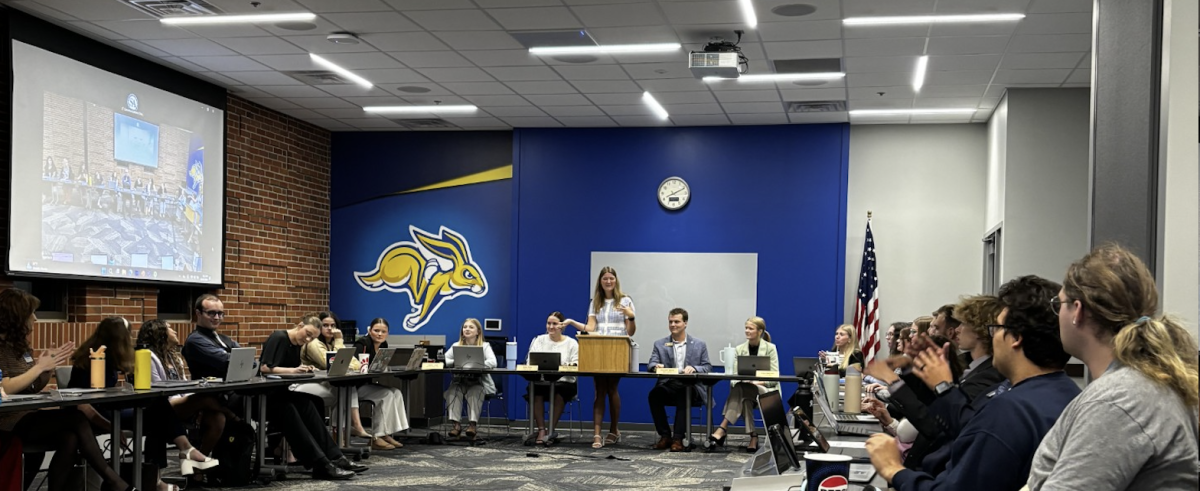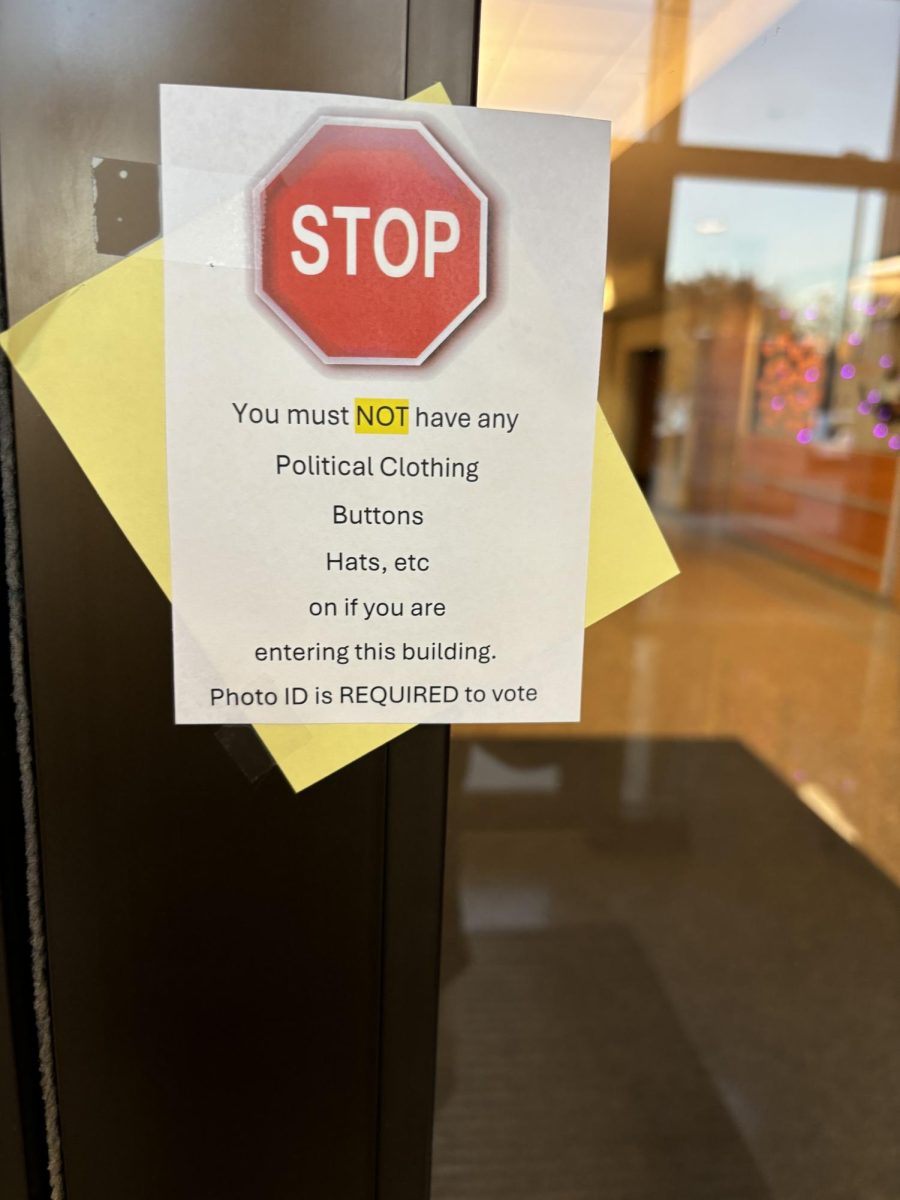Proficiency exam raises questions
March 29, 2004
Jill Fier
Proficiency exams are a mandatory yet dreaded part of every SDSU student’s life.
The CAAP exam is a four-part proficiency exam that was adopted by the South Dakota Board of Regents in 1998. Students are required to take the exam in their sophomore year of school, and those who refuse to take the exam cannot register for classes for at least two semesters.
Board of Regents Senior Administrator Lest Turchen said that about 500 to 600 university systems use the CAAP exam and at least 130,000 students take the tests every year.
Turchen said the Regents use the exam to meet national standards to keep the university accredited.
“The North Central Association Higher Learning Commission requires that each university must have multiple measures of academic performance, and this exam is just one aspect of our assessment,” she said. Turchen said that while grades are a course assessment, the proficiency is used as a program assessment.
Some students and faculty have voiced their opposition to the tests, though, saying they are a waste of the university’s money and the students’ time.
SA President Amanda Mattingly said she thinks the exams are “redundant and serve no purpose. When you come into the university you already have to be proficient ,” she said referring to ACT college entrance exams.
Student Regent Tony Venhuizen disagrees and said he thinks the exams are an important tool for accountability measures, comparing it to the No Child Left Behind Act for k-12 schools.
“The movement of education in this country is towards accountability,” he said.
Mattingly said the rate of people that pass the exam the first time around being in the 90th percentile range serves as proof that they are not needed.
Venhuizen said the tests are important regardless of the success rate, though.
“The vast majority of students pass and that’s good. There are four sections, and if you don’t pass one, you get remedial help. That’s important before people start taking upper-level courses,” he said. He added that the tests are a way to encourage students to take their general education courses early in their college career, rather than leaving them for their last few semesters.
Clint Powell, an S.A. ex-officio for greek council and a former S.A. senator, recently ran for the S.A. presidency with getting rid of the exams as one of his platform issues. Powell said he still believes in the issue and will continue to fight for the termination of the test despite.
Powell also said he would like to see money saved from getting rid of the test go toward something like a university email system for students.
Turchen said the CAAP exam is one of the most reasonably-priced exams she’s seen, reporting that the exam costs about $15 or $16 per student.
If there’s one thing the two sides of the issues can agree on, it’s that the tests will be around for at least a while longer.
“I would be very surprised to see the test done away with in the future. I just don’t see that happening,” Venhuizen said.
Mattingly also said that despite the fact that she would like to see the test disappear in a few years, it will take an enormous amount of time and energy and changes will not be immediate.
“Students should expect that they’re going to have to take them next year,” she said.





















